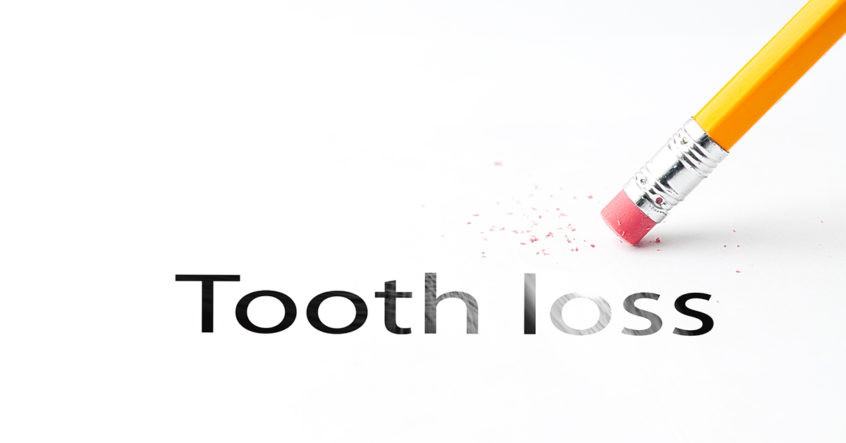When you’re a child, having loose teeth is not a big deal. In fact, it might even mean that you’re going to come into money soon. So long as you put that tooth someplace where the Tooth Fairy can find it, you’re guaranteed to be richer in the morning. Not bad! However, having a loose tooth as an adult is a big problem. If one or more of your teeth are loose, this means that your tooth is no longer firmly rooted in its permanent position. Each tooth has a specific place and a unique function in your mouth. And, as dentists can tell you if you have one loose tooth and lose it, more will follow.
What Causes Loose Teeth?
There are many reasons why a permanent tooth might become loose. Even with proper oral care, a tooth can become loose for reasons that are harder to control. Some of the things that can cause loose teeth are:
- An underlying disorder, such as diabetes, malnutrition, or something else
- As a side effect from treatment or medications
- Improper home oral health practices
- Excessive smoking
- Excessive use of alcohol
- Extended drug use
- Genetic factors
- Jaw or mouth trauma
- Lack of professional dental care
What Treatments are Available for a Loose Tooth?
Luckily, there are many treatments available for loose teeth or lost teeth. You don’t have to worry about being fitted for wooden teeth like George Washington! Modern dental treatments include many options that will have your teeth and smile looking great again. These treatments include things like:
- Bonding
- Dental implants
- Veneers
- Orthodontics
- Bridges
- Dentures
What Should You Do If You Discover a Loose Tooth?
You may discover that you have a loose tooth while brushing your teeth, biting or chewing, or even while running your tongue along your teeth. Once you discover a loose tooth, there are certain steps you should take to help ensure that the tooth has the best possible chances of being saved. Here’s what you should do if you discover a loose tooth.
1. Don’t play with it. You may be tempted to see just how loose the tooth is. But jiggling it with your finger or playing with it with your tongue will only make the tooth loose. Avoid the urge to tamper with the loose tooth in any way.
2. Avoid biting or chewing with the loose tooth. It may be difficult to do, but until you can see a dentist about your loose tooth, avoid biting or chewing with it. If you do, you could accidentally really knock the tooth out of place, making matters worse. For the time being, limit your intake to soft foods, or chew on the opposite side of the loose tooth.
3. Contact your dentist for an appointment. When you make the appointment, make it clear to the receptionist that you need the appointment to address the problem of a loose tooth. They will be able to let you know if you need an emergency appointment, as well as any special instructions the dentist may have for you until your appointment.
A loose tooth is not the end of the world, so long as you take precautions to get the situation remedied as soon as possible. If you act swiftly, your dentist may be able to save your tooth.

